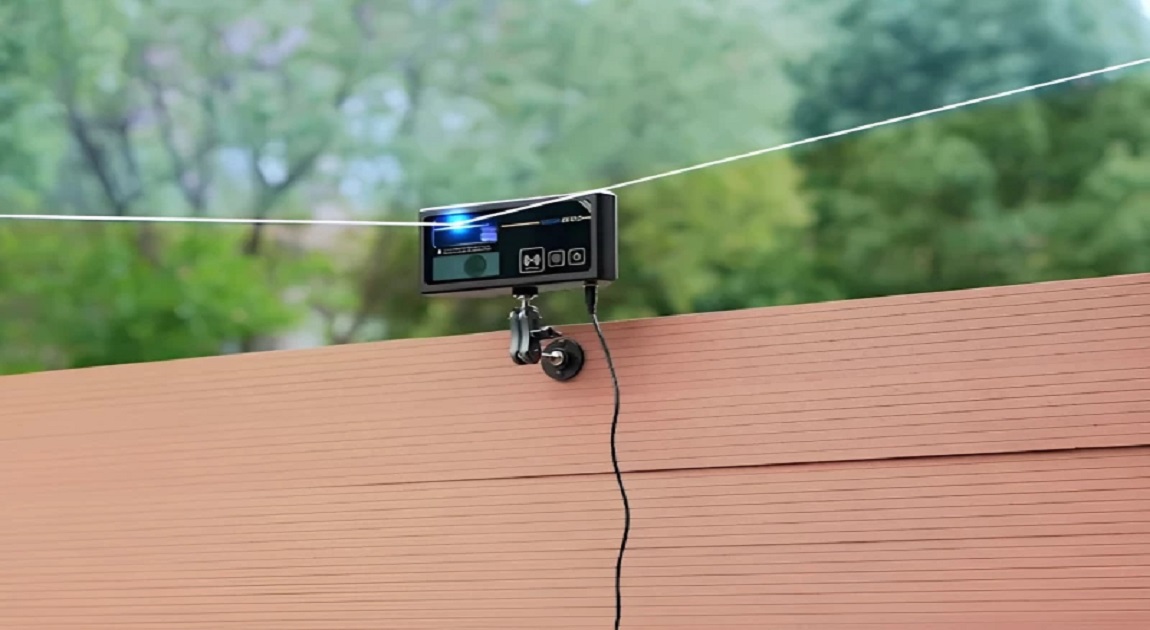China has introduced a new high-tech device designed to track and eliminate mosquitoes using lasers. Known as the Photon Matrix, the device combines advanced sensors and laser technology to detect and kill mosquitoes in mid-air, offering a futuristic approach to pest control.
The system works using a LiDAR (Light Detection and Ranging) module, which emits laser pulses and measures how long it takes for the light to reflect back from flying objects.
When a mosquito is detected, the device instantly determines its distance, orientation, and body size—in as little as 3 milliseconds.
A secondary laser, directed by a galvanometer, then targets and zaps the mosquito with lethal precision.
The Photon Matrix is available in two models. The Basic Edition offers a 90-degree scanning and killing range of up to 3 meters, while the Pro Version extends that range to 6 meters.
According to its developers, both versions are capable of eliminating up to 30 mosquitoes per second and can function effectively even in total darkness, making them especially suitable for bedrooms and nighttime use.
To ensure safety, the device also incorporates millimeter-wave radar technology that scans its surroundings for the presence of larger objects such as people or pets.
If any are detected, the mosquito-zapping laser is automatically disabled to prevent accidental harm.
The Photon Matrix can be powered either through a wall outlet or an optional rechargeable power bank, which can deliver up to 16 hours of use depending on the model.
Although the concept of a laser-based mosquito control system is not new—it dates back to 2007 when astrophysicist Lowell Wood proposed the idea during a brainstorming session at the Bill & Melinda Gates Foundation—the Photon Matrix is one of the first consumer-targeted products attempting to make it practical and widely available.
Earlier prototypes, including one presented at TED in 2017, were not considered safe for human environments.
However, the team behind the Photon Matrix claims to have integrated safety certifications into the design, although it`s not yet clear whether those standards are international or limited to China.
The product is currently in the prototype stage and is being promoted through an Indiegogo crowdfunding campaign by a Chinese developer named Jim Wong.
There is no company name attached to the project, and this is Wong’s first public product launch, which has raised some concerns regarding its credibility. Despite that, interest in the Photon Matrix continues to grow among those seeking a modern, automated alternative to traditional mosquito control methods.





-20260224065127.webp)
-20260222063838.webp)








-20260227090008.webp)





-20260226080139.webp)







-20260224075258.webp)




-20260221022827.webp)


